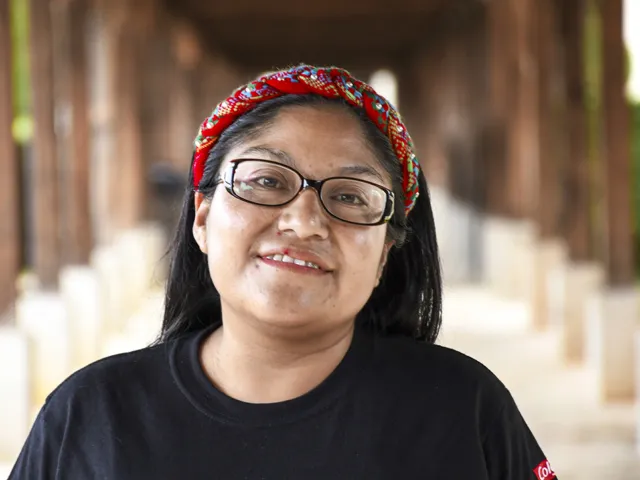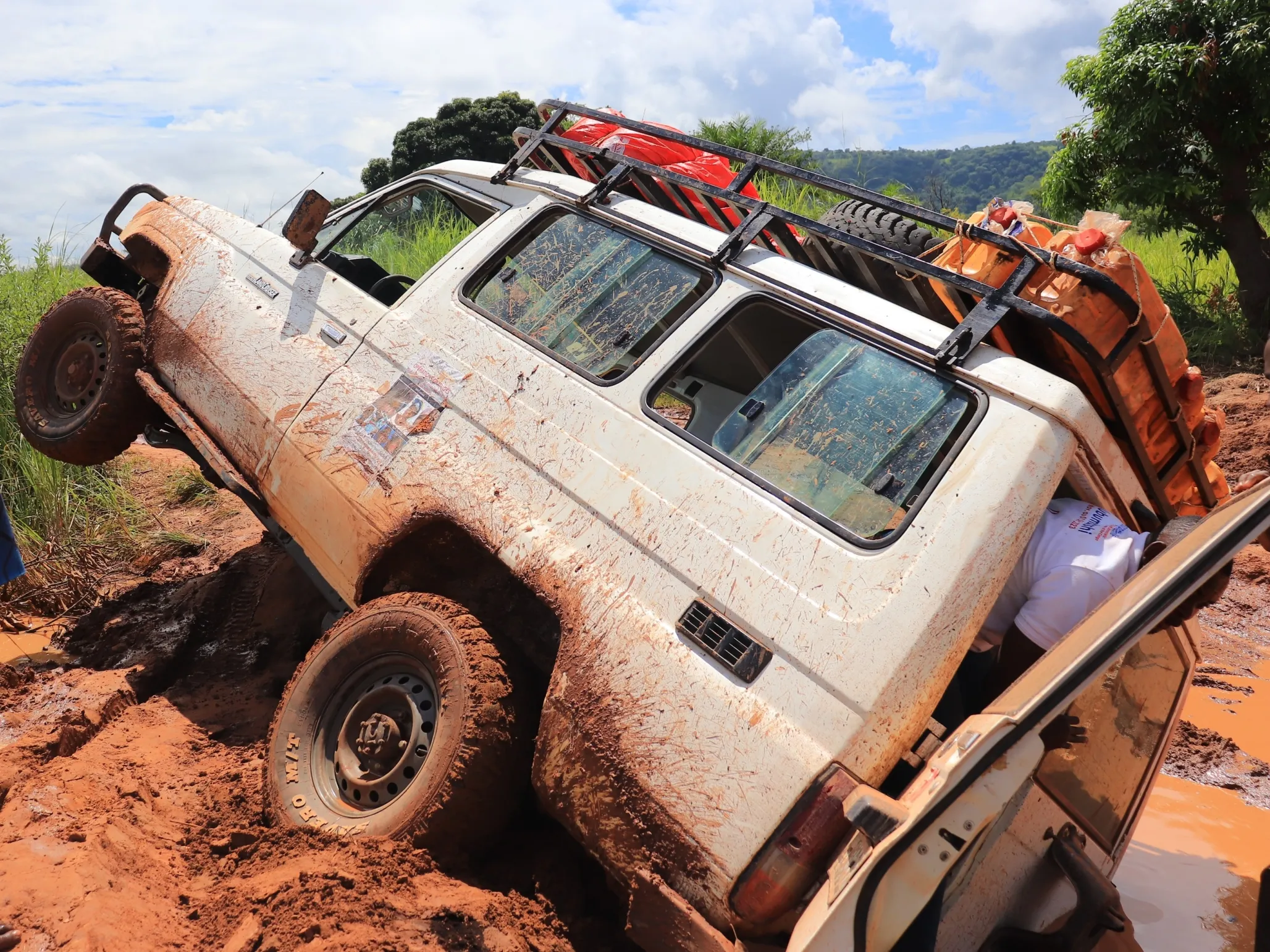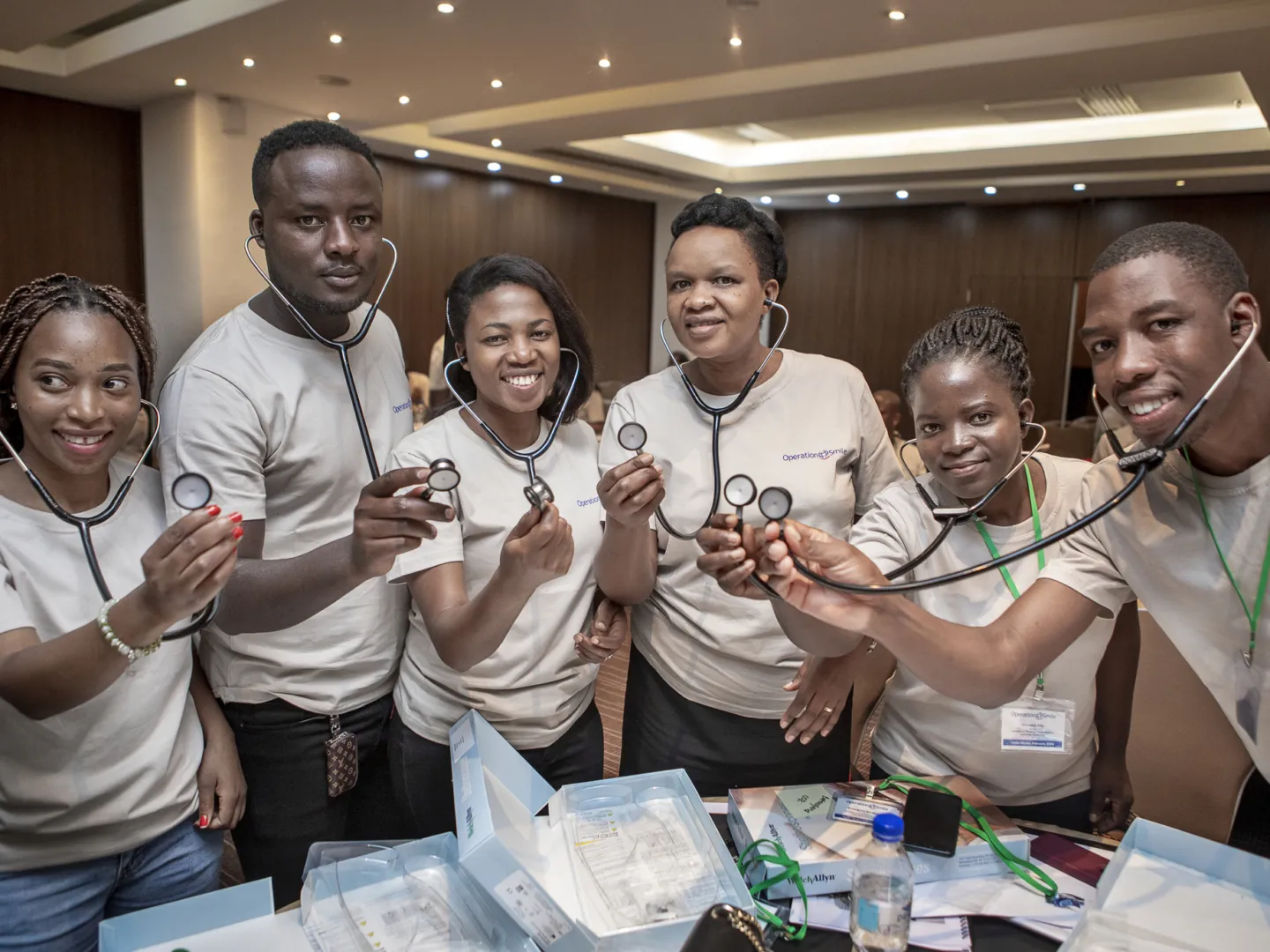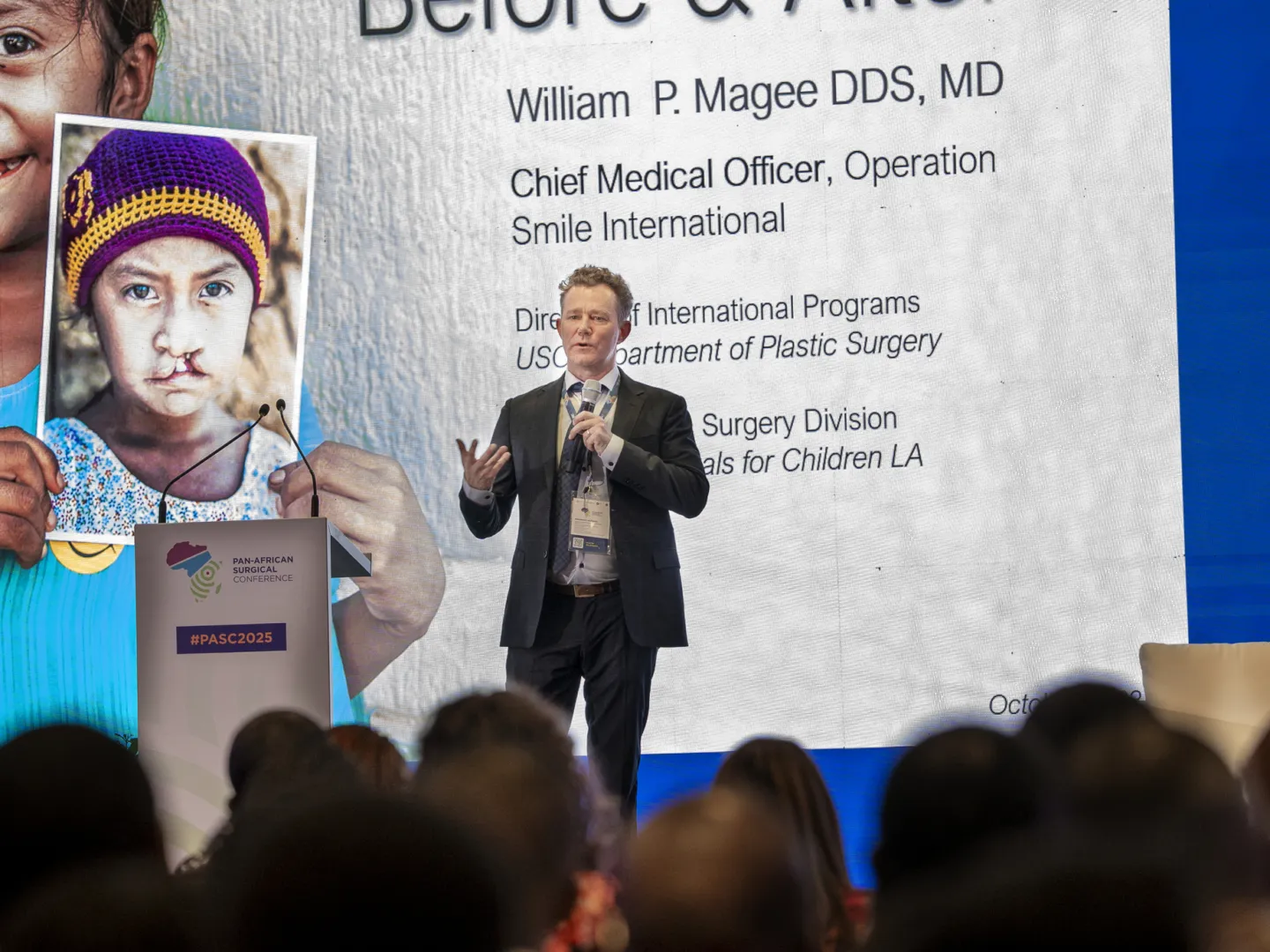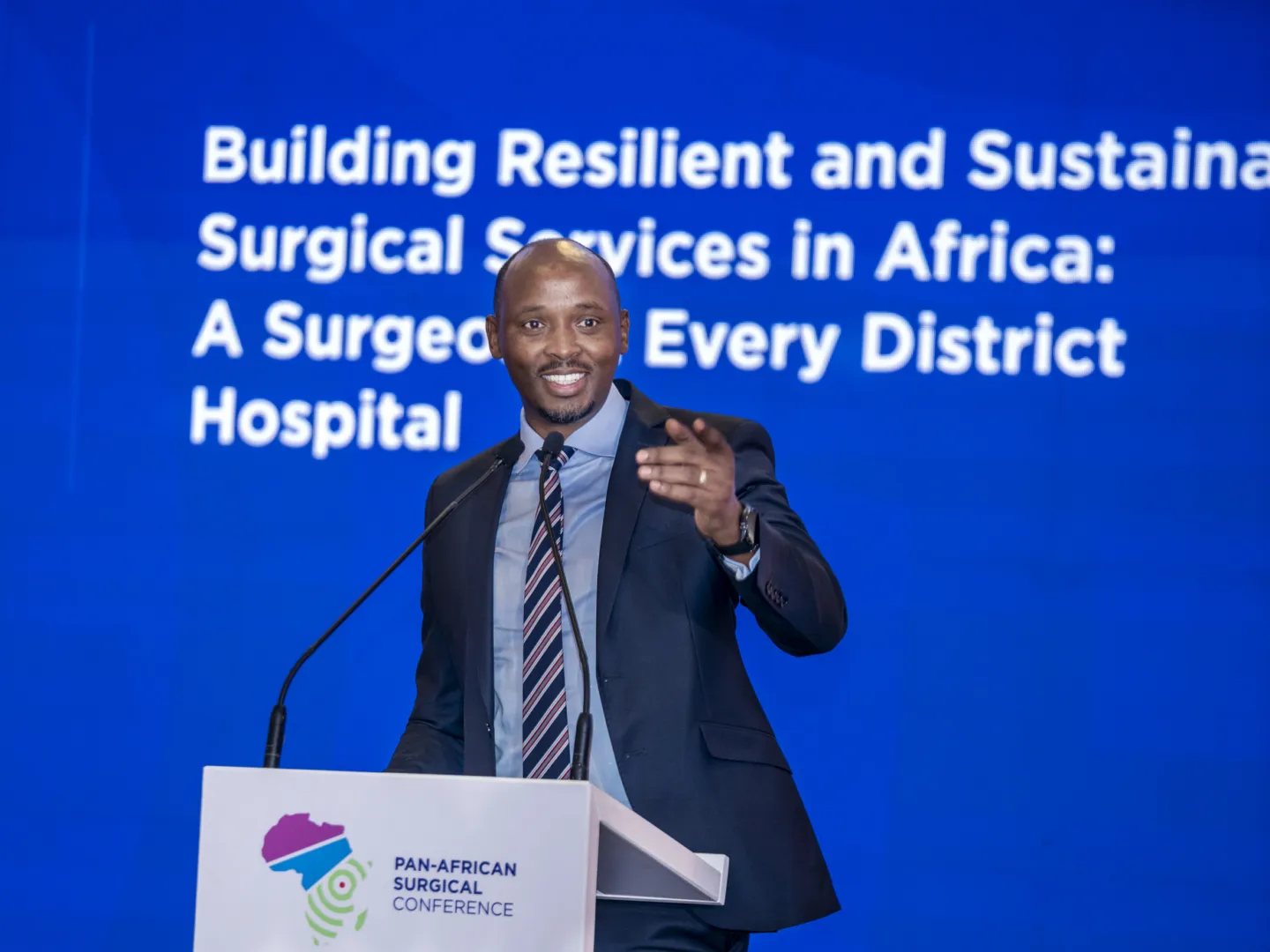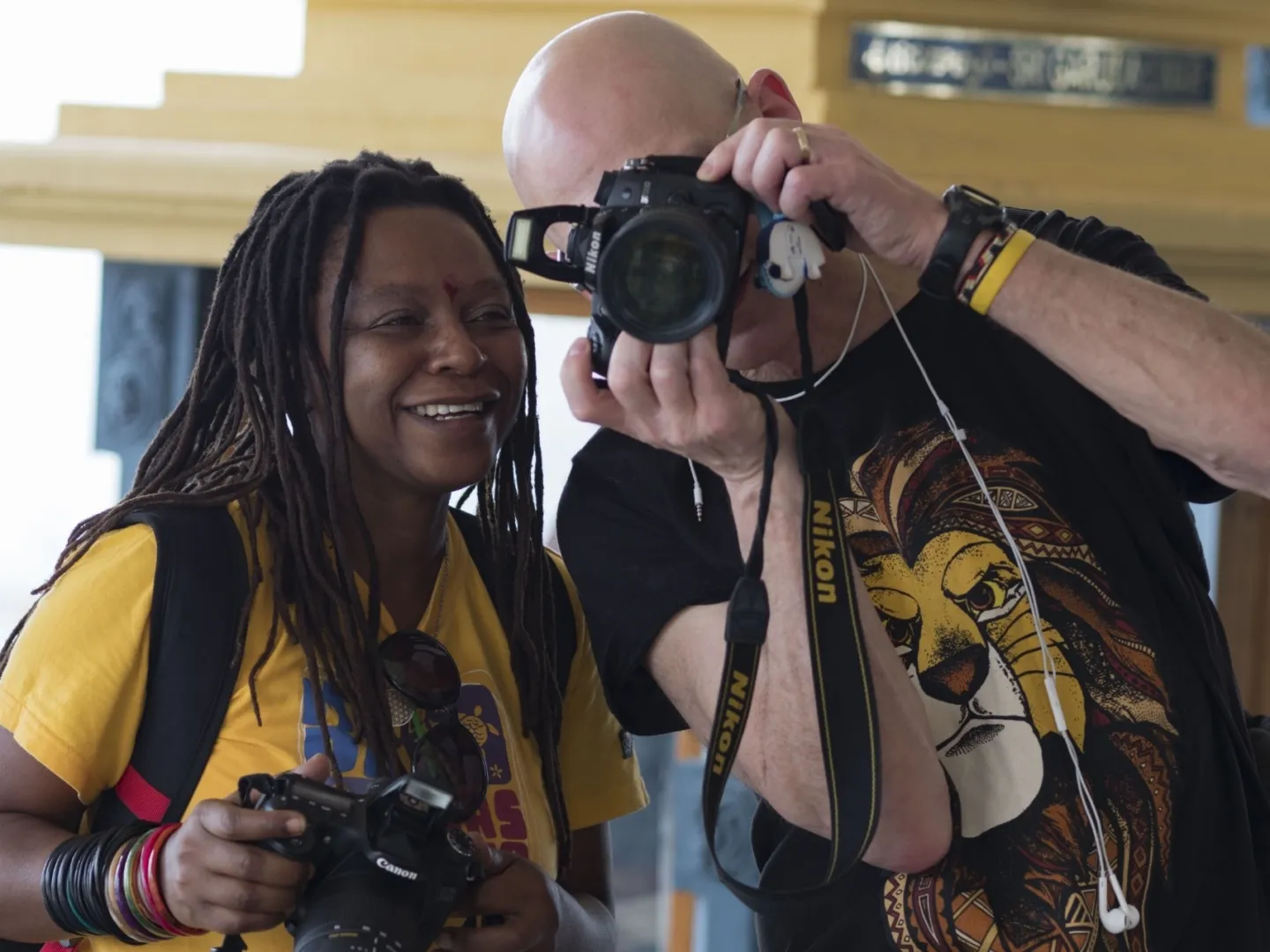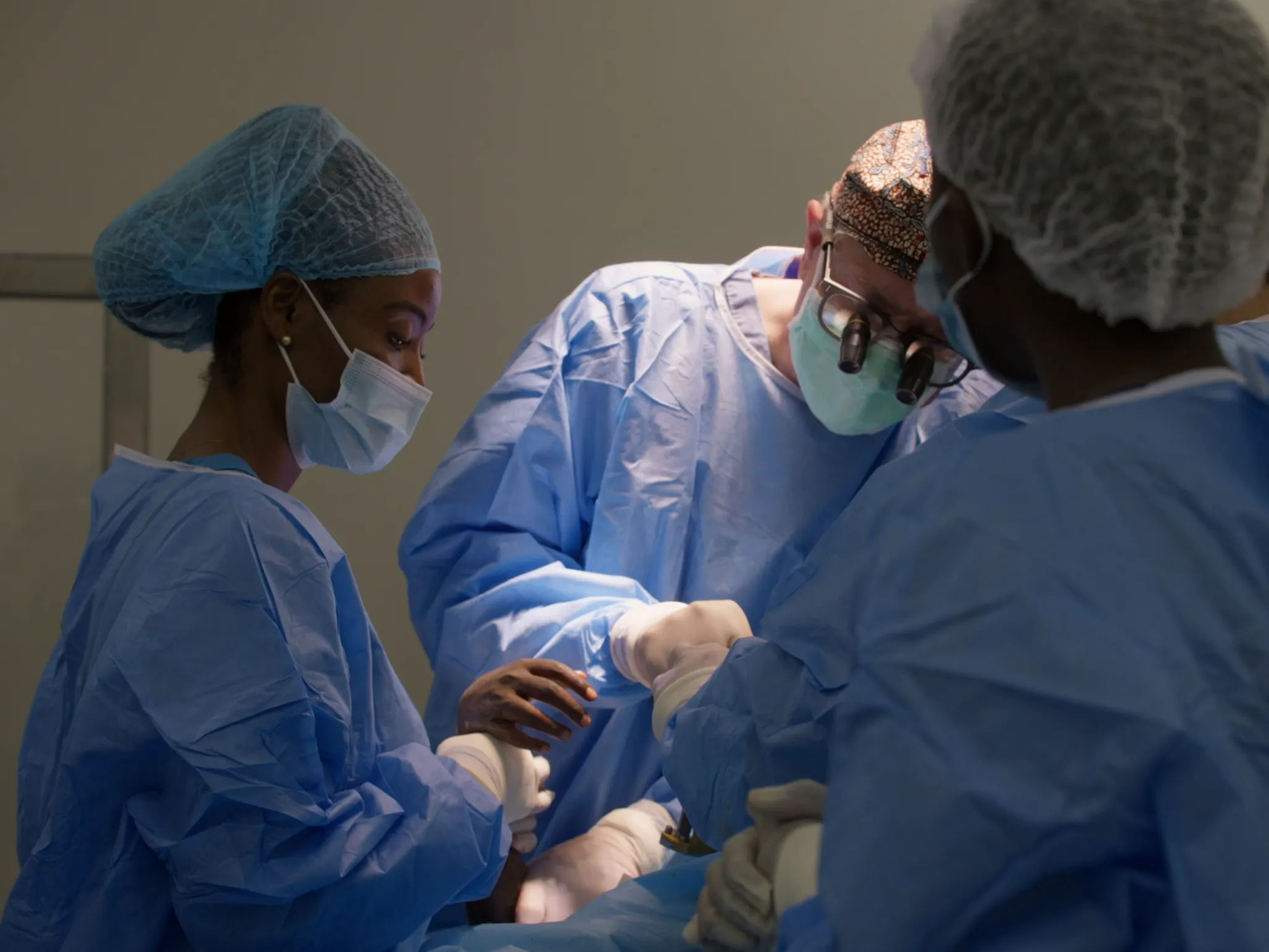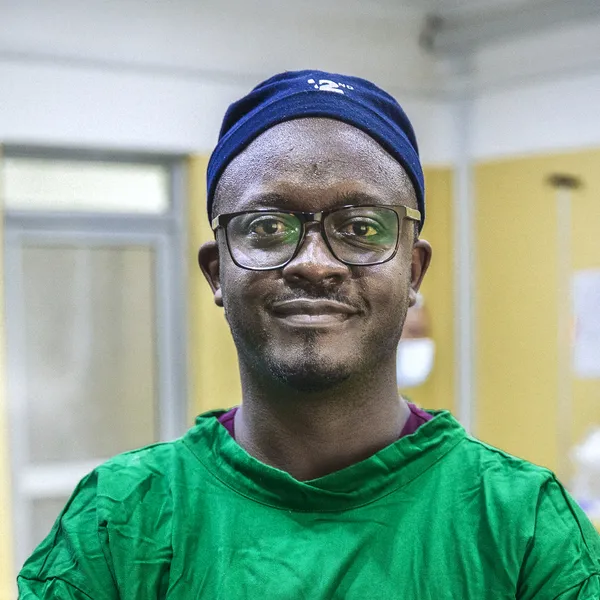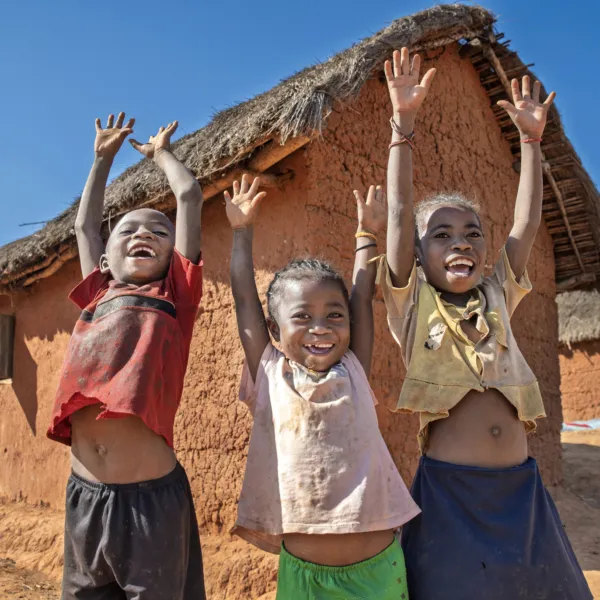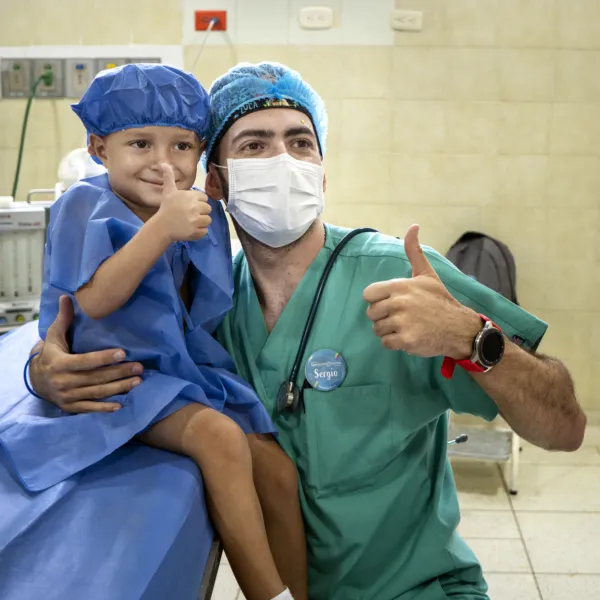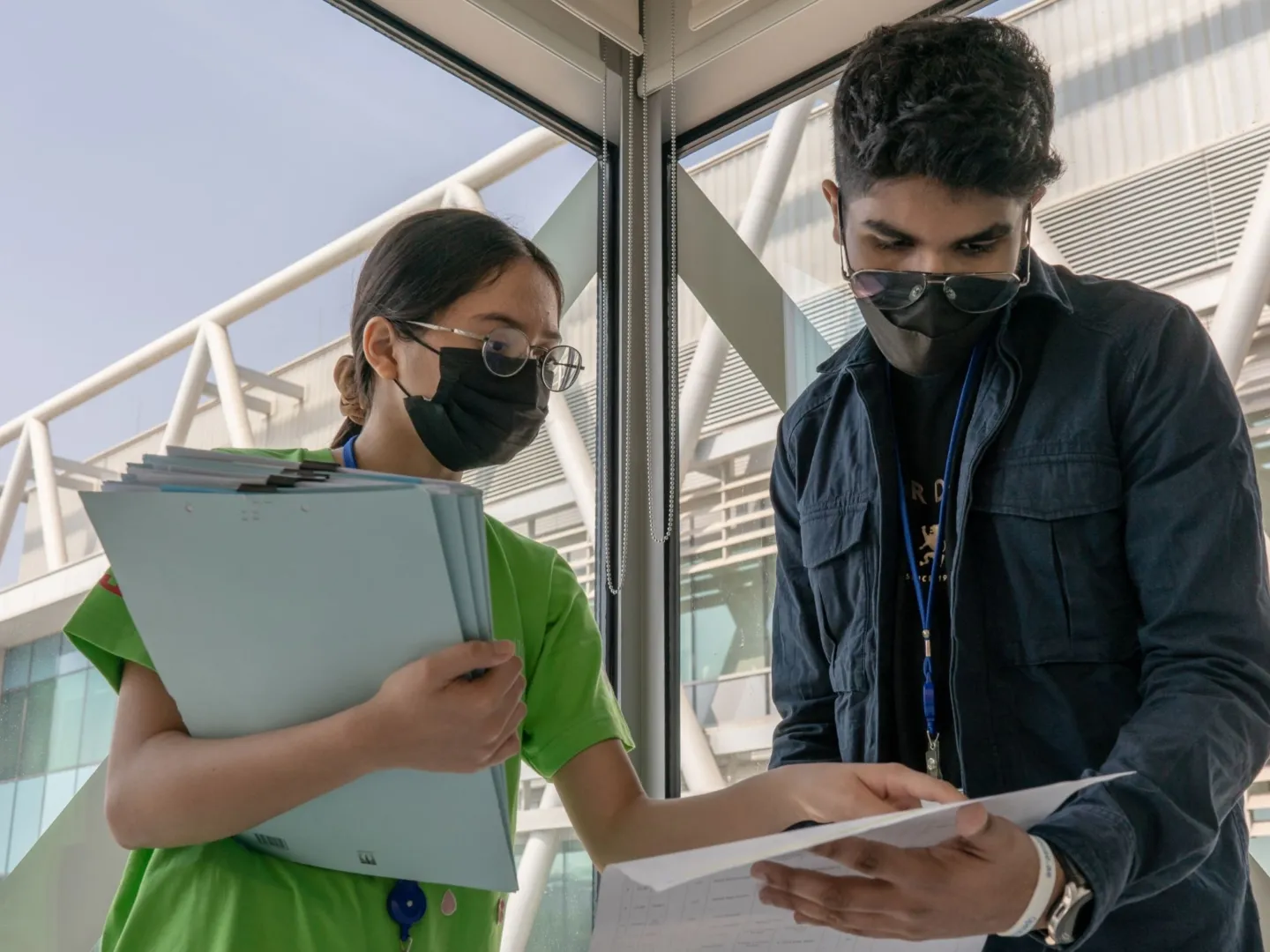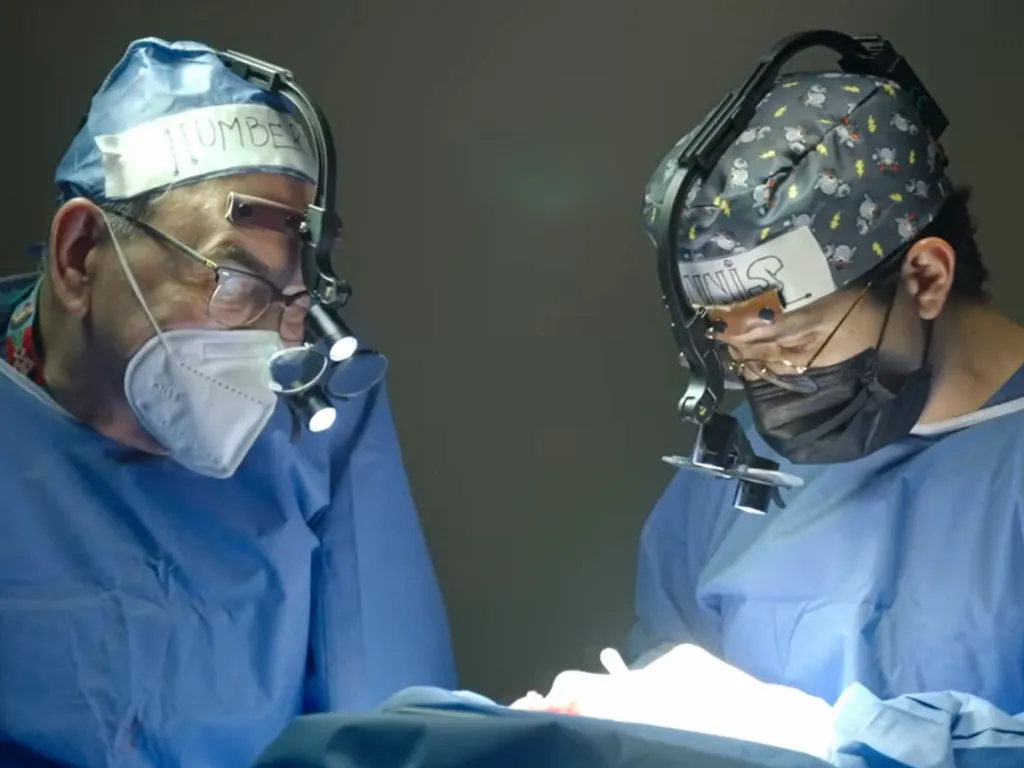Care Providers
The Commitment: Don Alex’s Story, Part 2
This story continues from “The Son: Don Alex’s Story, Part 1.”
When Alex’s son was born with a cleft, his world fell apart.
He watched as his newborn son struggled to eat and became sicker by the day. Soon, Alex faced a devastating choice: sell everything his family owned to pay for his son’s surgery or watch his son die. Alex felt like he had nowhere to turn.
It was then that he discovered Operation Smile Honduras.
Alex’s son received safe surgery a few weeks later, and it didn’t cost them a single lempira.
At that moment, Alex made a commitment.
“I made a promise to God, to Operation Smile and to my son that for as long as I live, there will not be one single person in Olancho living with an untreated cleft lip or cleft palate. I don’t want anybody to go through what we have been through.”
Four years after César’s surgery, Alex and his family have been spending their free time helping families like theirs connect with Operation Smile Honduras so they can receive the care they desperately need.
They share information about how to receive treatment from Operation Smile and help patients and their families with food, lodging and transportation to medical program sites or the Operation Smile Honduras care center in Tegucigalpa.

Since he began advocating for patients, everyone he meets or helps calls him Don Alex – the use of the honorific Don conveys respect for that person.
Don Alex now works as the assistant to the Health Minister of the region and has now visited each of the 230 health clinics there, providing them with information about Operation Smile Honduras. He has given his phone number to the regional hospital so they can call him as soon as a child is born with a cleft condition. He makes radio announcements and television appearances to reach every corner of Olancho, an area of Honduras that is larger than the neighboring country of El Salvador and home to more than 700,000 people.

Don Alex often visits families at their homes, bringing his son to show them there is hope and there are people out there wanting to help — and they do it for free.
Together with the rest of his family, he also runs an event rental business on the weekends and donates part of the profit to Operation Smile Honduras.
“Before Don Alex started his volunteer work, we lost these cleft lip and cleft palate patients,” said Dr. Ramón Irías, a pediatrician at the regional Hospital San Francisco in Juticalpa, Don Alex’s hometown. “We don’t have any plastic surgeons here. They never got the medical care they needed, they lost weight, they were malnourished and many died.”
Dr. Irías added: “We never used to keep a record of these patients. Now we have started doing that, and I believe that we have identified 71 patients and referred them to Don Alex. And we keep counting every day.”

The overwhelming majority of the people Don Alex helps live in extreme poverty and most don’t have enough food to eat more than one meal daily. Many only earn $3 to $4 on the days they can find temporary work and most have many children to feed. Many people don’t have the money to pay for the bus to the closest health clinic – let alone a bus ride to the closest hospital in a distant city – nor can they leave their children at home nor afford the time away from work if they have a steady job.
Honduras is also a mountainous country with many remote communities where roads are either in rough shape or can easily become cut off from the rest of the country due to flooding or landslides.
“Our biggest challenge has always been to find patients, to spread the word about Operation Smile and what we do. Many of our patients are also afraid that they will not survive the surgery, so we have to convince them and teach them about our safety measures,” said Ana Kafie, Chairman of the Board at Operation Smile Honduras. “We also need to make sure that they return for the comprehensive care that we offer here at our center in Tegucigalpa, with psychology, speech therapy, dentistry and so on.”
On the first day of an Operation Smile international medical program to Tegucigalpa’s Hospital San Felipe – only steps away from Operation Smile’s care center – Don Alex brought 20 patients and their family members from Olancho.
Juan is one of these people. His son, José, was born with a cleft lip. Juan’s wife abandoned the child when she saw him, leaving Juan to care for his son alone. Because his wife will no longer let them live at their house, he and his son live in a grain storage container on her family’s property. He works hard harvesting crops but earns no more than $4 to $5 per day. When harvest season is over, he’s mostly without work for the rest of the year.

Don Alex and his family helped Juan and his son with transportation, food and accommodations. They took care of him, as they do with all the patients and parents they find.
This was the sixth time Juan and his son sought care from Operation Smile. During previous visits, José had been too sick or malnourished, making it too dangerous to for him to receive anesthesia.
It was the early on the morning of medical evaluations and the line of patients and parents was growing longer. More than 300 patients arrived seeking care for their cleft conditions.

The surge in medical program attendance was by design.
Starting in 2014, Operation Smile Honduras partnered with Ingeniería Gerencia (IG), the national electrical utility company, to identify the estimated 1,000 untreated cleft cases remaining in the country. Meter readers from IG asked customers if they knew of anyone in their households or communities living with a cleft condition and captured their contact information.
Through this effort, the meter readers discovered 600 potential patients, but many of them – and many more who lived outside of their reach – remained impossible to bring to Operation Smile for surgery.
In the meantime, Don Alex had been working on the solution to this dire problem.
Inspired by Don Alex’s personal and dedicated approach to recruiting patients and bringing them to care, Operation Smile Honduras created a patient recruitment and advocacy program called Acompañando Sonrisas – “Accompanying Smiles” – aimed at finding the remaining adults, teens and children living with untreated cleft conditions. All too many of these people were not able to get surgery when they were babies, which is the ideal age range for the best results.
Acompañando Sonrisas is led by seven parents and adults with personal connections to cleft who were strategically chosen to cover the regions in which they live, where they are fluent in local cultural customs. They build relationships with potential patients and their families by sharing their personal Operation Smile success stories and before and after photos of their very own children to show how lives can be changed – or even saved – by safe surgery.

It was at this Tegucigalpa medical program that the Acompañantes received their training. Don Alex also took part in the sessions and served as an inspiration to the others in this group.
“We are parents who have lived through this experience. We can do this with a little more love, a little more dedication — because we don’t want anyone else to go through what we have gone through,” Don Alex said. “That is why we are so committed and we hope to bring many, many patients to the center.”
At the same medical program, little José finally received surgery after five heartbreaking attempts. His father, Juan, returned home and looks forward to a slightly easier life. The first surgery is just a start. Don Alex will continue reaching out to him to ensure he returns for his son’s follow-up appointments and treatments at the center.
Since the conclusion of Acompañando Sonrisas training, the Acompañantes helped Operation Smile Honduras achieve the its goal of reaching nearly every adult, teen and child in the country living with an unrepaired cleft condition. Now, the remaining patients in Honduras who need surgery are almost all babies and toddlers who can be more easily scheduled and brought in for care.
“If I had a crystal ball to look into the future, I see zero people suffering from cleft lip or cleft palate in the whole country,” Don Alex said. “That is our mission, and I am very confident we are all committed to believe in fulfilling it.”
Thanks to Don Alex, the Acompañantes, Operation Smile Honduras and the global community of Operation Smile volunteers and donors, that vision is closer to becoming reality.

Editor’s Note: In the 20-year history of Operation Smile Honduras, our medical volunteers have delivered free cleft surgery to more than 4,500 patients. However for most of this time, all too many patients born with cleft conditions were not able to get surgery when they were babies, which is the ideal age range for the best results.
In 2014, there were about 1,000 cleft cases remaining in the country and many of those potential patients were adults, teens and children. Together with Operation Smile Honduras, we made a commitment to find them and end their needless suffering by making sure they receive the safe and effective surgery they deserve.
Supported by medical programs and the ongoing care provided at Operation Smile Honduras’ care center, a strategy was put into motion to identify and recruit potential patients, many of them among the poorest and hardest-to-reach in the country.
We’re proud to report that the effort was successful.
Now, the remaining patients in Honduras who need surgery are nearly all babies and toddlers. For the first time in the country’s history, Operation Smile has made sure that cleft surgery in Honduras is truly SET: safe, effective and timely.
On May 11, 2017, Operation Smile Co-Founder and CEO Dr. Bill Magee made the historic announcement alongside the President and First Lady of Honduras.
Though we’ve reached this historic milestone, our work is far from done.
In this series, we share the stories of how Operation Smile Honduras was able to find and provide surgery for the final patients of the country’s backlog of cleft cases.
